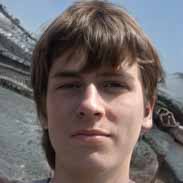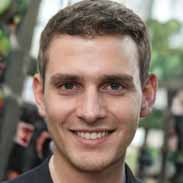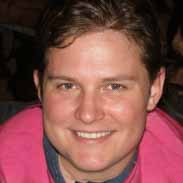Cuban Missile Crisis Flashcards, test questions and answers
Discover flashcards, test exam answers, and assignments to help you learn more about Cuban Missile Crisis and other subjects. Don’t miss the chance to use them for more effective college education. Use our database of questions and answers on Cuban Missile Crisis and get quick solutions for your test.
What is Cuban Missile Crisis?
The Cuban Missile Crisis of 1962 was an incredibly tense moment in history, and one that could have changed the entire world if it had gone wrong. At the time, the United States and the Soviet Union were embroiled in a Cold War that had been going on for over 15 years. The two superpowers were vying for supremacy, and this crisis was a major event that threatened to turn into an all-out nuclear war.The crisis began when the Soviets decided to place medium-range ballistic missiles (MRBMs) in Cuba. This caused alarm among American leaders, who feared that these missiles could be used to target cities and military installations in the United States. In response, President John F Kennedy imposed a naval blockade around Cuba while he worked out an agreement with Soviet Premier Nikita Khrushchev to remove the missiles from Cuba. After some intense negotiations, Khrushchev eventually agreed and removed his missiles from Cuba in exchange for assurances from Kennedy that he would not invade Cuba or interfere with its internal affairs.This incident highlighted just how dangerous Cold War tensions had become between these two countries and served as a reminder of how quickly events can escalate into something much more serious if leaders are not careful with their words or actions. Even today, it is seen as one of the closest calls during this era of tensions between superpowers and serves as a lesson about how important diplomacy is when dealing with relations between nations.












